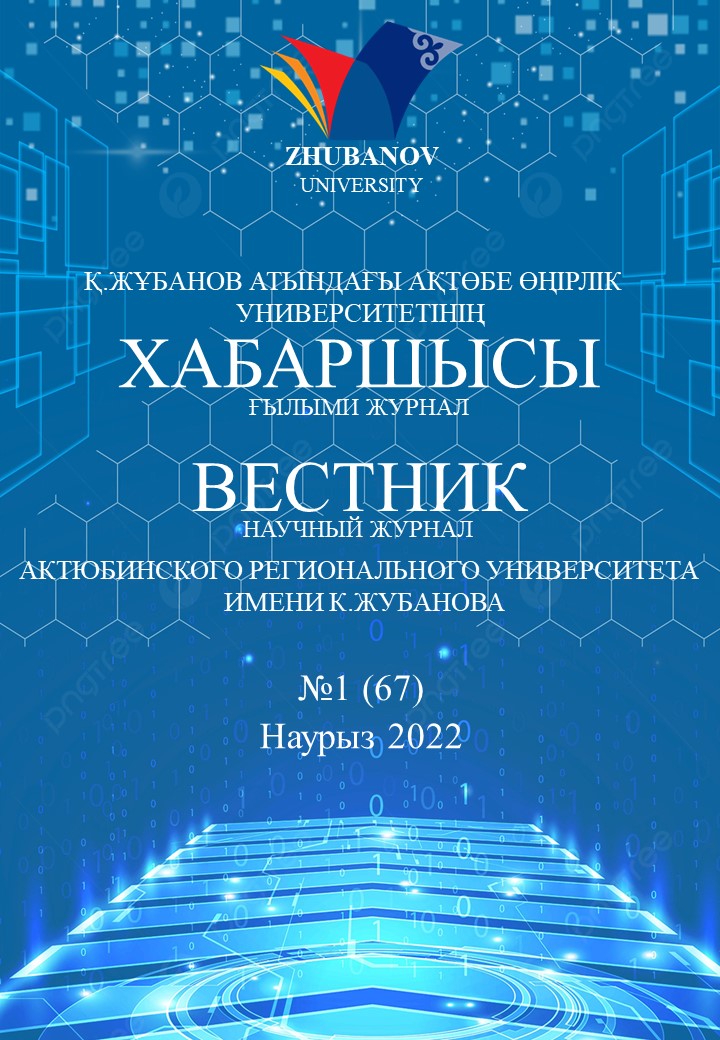The proposed article presents the experience of training in modular technology. The structural
components of the training module are considered, options for the formulation of complex and specific didactic goals are
given. There is a system for summarizing the independent work of students at various levels, forms of control in
accordance with the module. The general meaning of the module and the division of blocks into several modules, the
level of execution by steps are given. At such a lesson, students independently gain new knowledge using various sources
of information: observations, experiments, using textbooks and textbooks, the Internet. The modern lesson is
characterized by group forms of organization of educational and cognitive activity, which allow students to exchange
information while jointly solving educational and cognitive tasks.
The introduction of previously unused pedagogical technologies into educational processes requires not only the
training of students and their psychological readiness for a new teaching method, but also the conversion preparation of
the educational process in such a way that the teacher fully embraces the new knowledge of the student, and the teacher
must control this process. All these requirements often correspond to modular training, that is, at this time the student can
work on an individual program gradually or completely individually.
FEATURES OF MODULE EDUCATION SYSTEM
module, technology, education, chemistry, control, methodology, quality of education
FEATURES OF MODULE EDUCATION SYSTEM. (2024). Scientific Journal "Bulletin of the K. Zhubanov Aktobe Regional University", 67(1). https://vestnik.arsu.kz/index.php/hab/article/view/166

